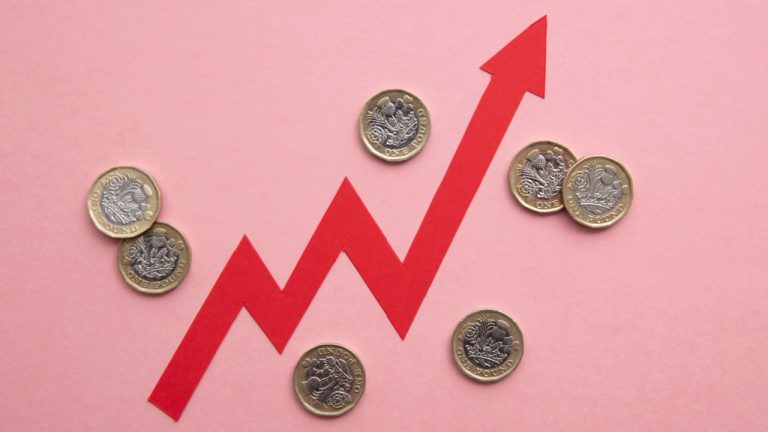Examining the Concept of Flatcoins: Crypto Tools to Battle Inflation

With the issue of inflation rising as a real problem for global economies last year, there has been a renewed need for people to seek a way of preserving their purchasing power. Flatcoins, stable currencies that change their value according to the inflation in a determined jurisdiction, have surged as a crypto-based solution for the issue.
Flatcoins and Their Proposal
The problem of rising inflation has gained notoriety this year as large world economies that had traditionally kept prices relatively under control were affected by a loss of purchasing power. For example, U.S. inflation touched 9.1% during 2022, reaching one of its highest levels since 1981.
This rise prompted a swift response from the Federal Reserve, which started hiking interest rates to address inflation. However, the problem of losing purchasing power remains for citizens and companies that have to deal with these price distortions.
Flatcoins are designed to address this issue by proposing inflation-adjusted stablecoins that allow users to preserve this purchasing power, meaning that if one unit of this proposed token serves to purchase a determined item today, it would be able to do so five years from now.
The concept of flatcoins was coined by former Coinbase CTO Balaji Srinivasan and Sam Kazemian, the founder of the Frax stablecoin protocol, during a private conversation when they were discussing the idea of a stablecoin that would preserve the standard of living of its users.
Some Examples
As a result of these conversations, Kazemian created one of the first inflation-adjustable stablecoins, the Frax Price Index (FPI), which is continually modified depending on the CPI-U (All Urban Consumers Consumer Price Index) unadjusted 12-month inflation rate reported by the U.S. Federal Government. This is achieved by leveraging an oracle that posts these numbers onchain to adjust the peg percentage once per month.
However, due to the criticism that the recent changes in the calculation of the U.S. CPI have received, other protocols have decided to base their flatcoin proposal on a personalized inflation index. This is the case for Nuon, a flatcoin protocol that uses Truflation, an independent inflation index oracle, to update its data and peg daily.
Further Interest
The concept of flatcoins and their utility has many in the industry interested in their development. Brian Armstrong, CEO of Coinbase, has featured flatcoins as one of the startups he would build today to issue “a better form of money enabled by crypto.”
Armstrong stated that the company that manages to build this solution will have a “huge impact” on the market.
Base, the Coinbase-backed Ethereum rollup, has also included flatcoins as one of the “critical areas” that can be seeded in by its ecosystem fund. The fund declared that it would be “excited to hear from teams that are exploring their own system of stablecoins/ flatcoins, or focusing on ways to increase adoption of already existing systems.”
What do you think about flatcoins and their value proposition? Tell us in the comment section below.
